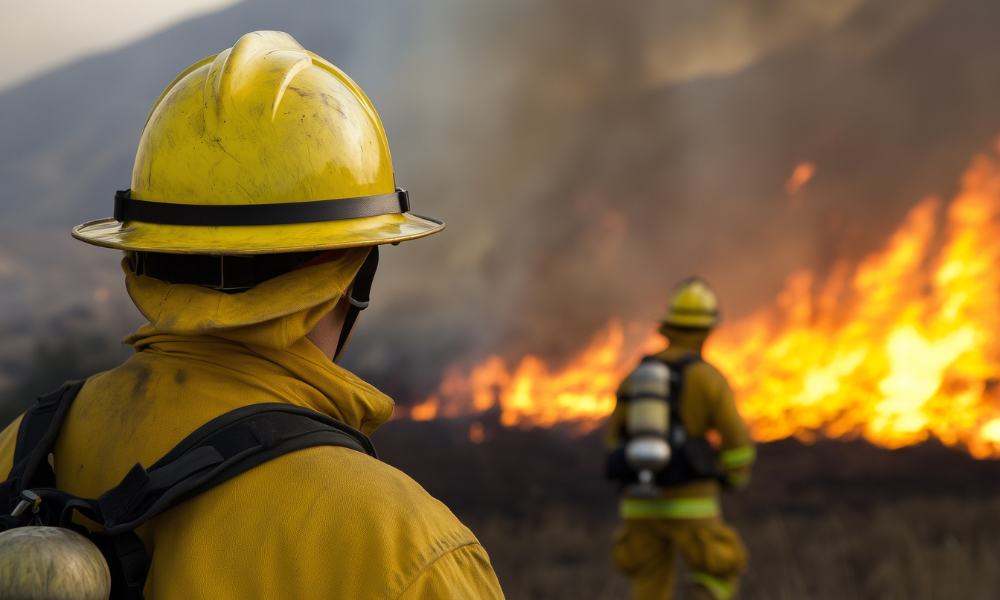
 Minister of Health Leona Aglukkaq and chief public health officer, Dr. David Butler-Jones, have confirmed 36 new cases of H1N1 flu virus (human swine flu), bringing the total number of laboratory confirmed cases in Canada to 201.
Minister of Health Leona Aglukkaq and chief public health officer, Dr. David Butler-Jones, have confirmed 36 new cases of H1N1 flu virus (human swine flu), bringing the total number of laboratory confirmed cases in Canada to 201. “The Government of Canada continues to monitor the spread of this virus and is committed to providing Canadians with timely and accurate information,” said Minister Aglukkaq. “Knowledge of transmission patterns will help public health professionals and the public stay current on issues related to this influenza.”
Today’s case count includes new cases reported by British Columbia (8), Alberta (4), Ontario (13), Quebec (6), and Nova Scotia (5).
“All Canadians can take an active role in protecting their health,” said Dr. Butler-Jones. “The best way to do this is to stay informed and to exercise basic infection control measures.”
Earlier today, Minister Aglukkaq, Dr. Butler-Jones, and Dr. Frank Plummer, director general of science at the Public Health Agency of Canada, announced that Canadian scientists have completed work on decoding the genetic makeup of the H1N1 flu virus. This represents a significant step forward in understanding this new virus. For details about this announcement, visit www.publichealth.gc.ca.
For the latest information on H1N1 flu virus (human swine flu), visit www.fightflu.ca.
Steps to take to reduce the chances of becoming infected from H1N1 flu virus (human swine flu):
- Wash your hands often and thoroughly or use hand sanitizer.
- Cough and sneeze in your arm, not your hand
- Keep common surfaces and items clean and disinfected
- Stay home if you’re sick, unless directed to seek medical care
Flu symptoms include:
- Fever;
- Cough;
- Runny nose;
- Sore throat;
- Body aches;
- Fatigue; and
- Lack of appetite.





